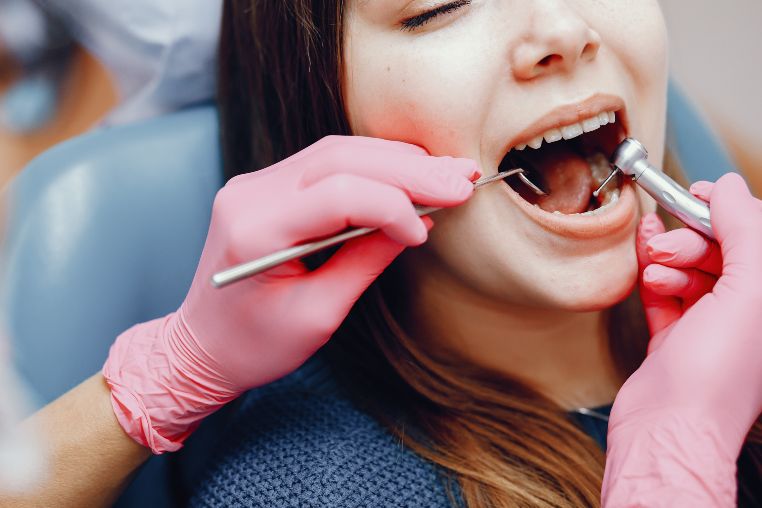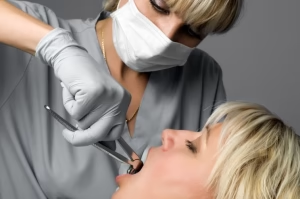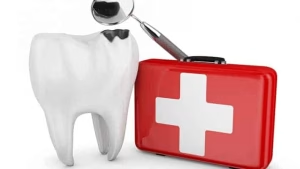Tooth Pain After a Filling: What to Do and When to Call a Dentist
20 October 2022 | Updated: 9 January 2026

Experiencing tooth pain after a dental filling can be unsettling, especially if the treatment itself seemed straightforward. The good news is that mild discomfort or sensitivity is common after a filling and often settles within a few days. However, persistent or worsening pain should never be ignored.
In this article, we explain why tooth pain can occur after a filling, what symptoms are considered normal, and when it’s important to contact your dentist for further assessment.
Is Tooth Pain After a Filling Normal?
Yes, some level of sensitivity or discomfort after a filling is a normal response. Your tooth has been worked on, and the surrounding tissues need time to settle. You may notice temporary sensitivity when:
These symptoms usually improve within a few days. If the pain lingers, intensifies, or starts to interfere with sleep or eating, it’s a sign that something else may be going on.
Common Causes of Pain After a Dental Filling
Pain after a dental filling can occur for several reasons, most of which are temporary and related to how the tooth responds to treatment. Understanding the common causes can help you recognise what’s normal and when further dental care may be needed.
Irritated Nerve Endings
During a filling, decay or an old restoration must be removed, which can irritate the nerve inside the tooth. This irritation may cause temporary sensitivity or pain. In some cases, the filling material itself can trigger inflammation, especially if the cavity was deep or close to the nerve. If the nerve becomes infected or permanently damaged, further treatment such as a root canal may be required.
Pulpitis
Pulpitis refers to inflammation of the dental pulp and can be either reversible or irreversible. Reversible pulpitis usually settles with time and simple care, while irreversible pulpitis requires more advanced treatment. Deep fillings are more likely to cause this condition, with symptoms often including sharp pain or sensitivity to temperature. Prompt treatment is essential to prevent worsening damage.
Allergic Reaction
Allergic reactions to dental filling materials are rare, but they can occur in some individuals. Materials such as amalgam, gold, or certain composite resins may trigger sensitivity. Symptoms may be mild, including swelling, redness, or skin rashes, but in very rare cases they can become more serious, such as difficulty breathing. If you suspect an allergic reaction, seek medical attention immediately, as severe reactions can be dangerous. Always let your dentist know about any known allergies in advance so suitable alternative materials can be used safely.
Incorrect Bite Alignment
If a filling sits too high, it can change the way your teeth meet when you bite. This places excess pressure on the treated tooth, leading to pain or inflammation. Fortunately, this issue is usually easy to resolve with a simple adjustment, where the dentist gently reshapes and removes any excess filling material to restore a comfortable bite.
Cracked Filling
Biting on hard foods or grinding can crack a filling, allowing bacteria to enter the tooth. This can lead to decay, infection, and increasing pain if not addressed.

Loose Filling
A filling that is not securely bonded may move slightly, irritating the tooth and surrounding tissues. This can progress to inflammation or infection and should be repaired promptly.
Galvanic Shock
Although rare today, galvanic shock can occur when two different metal restorations come into contact, creating a brief electrical sensation. This is far less common with modern dental materials.
When Should You Call Your Dentist?
While mild discomfort is expected, you should contact your dentist if you experience:
-
Pain lasting longer than a few days
-
Increasing or severe pain
-
Pain when biting or chewing
-
Sensitivity that does not improve
-
Swelling, fever, or signs of infection
-
Pain that wakes you at night
Early assessment can prevent complications and reduce the need for more complex treatment.
When to Seek Care at MGA Dental
If you’re experiencing ongoing tooth pain after a filling, a professional assessment is the safest next step. At MGA Dental in Brisbane and the Gold Coast, our team carefully evaluates post-treatment discomfort to identify the cause and provide appropriate care.
If your filling doesn’t feel quite right or pain isn’t improving, contact MGA Dental to book an appointment. Prompt attention can help relieve discomfort, protect your tooth, and restore your peace of mind.









